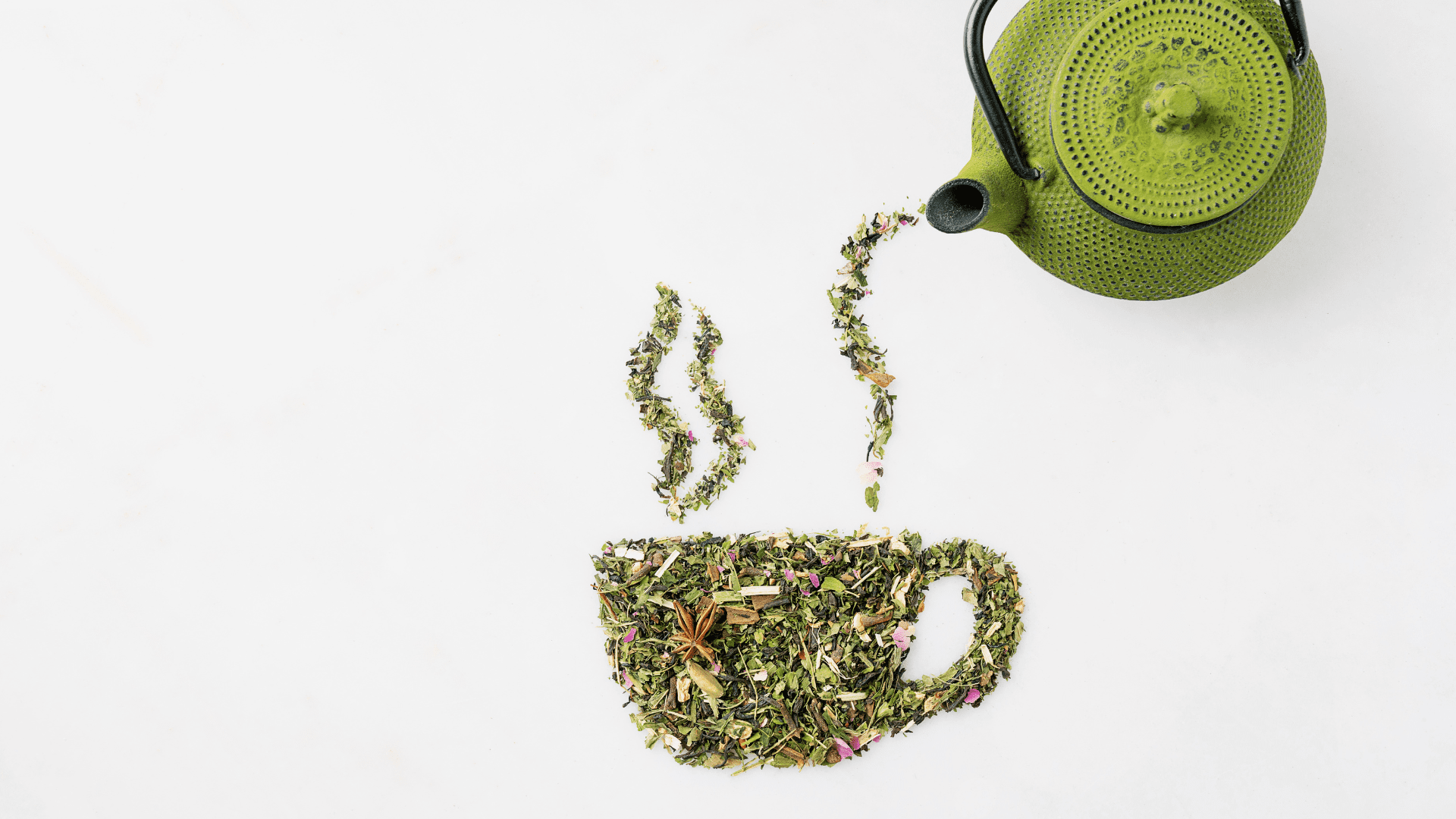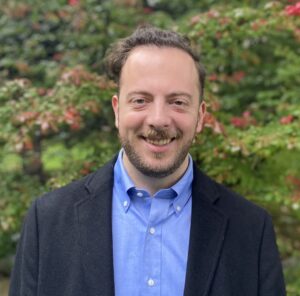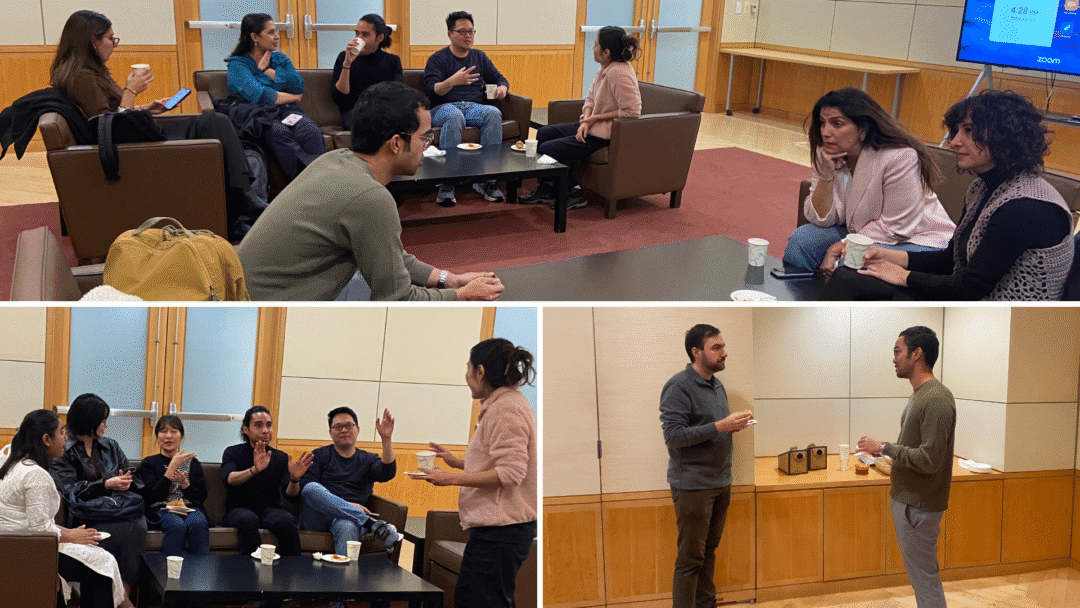
International students make up more than a quarter of Harvard’s community, and many arrive searching for a sense of belonging. To help create that connection, Thomas Roland Elliott, Programs and Administrative Coordinator at the Mittal Institute, launched the “International Tea”—a new gathering designed to bring students together and foster community. The first tea was held October 22 and was open to invited Graduate Students and Fellows from regional centers. We spoke with Thomas about how this initiative came to life and what the first event entailed.

Thomas Roland Elliott
Mittal Institute: Thomas, this is a wonderful idea. Can you explain how this came to fruition, and why?
Thomas Roland Elliott: One of the greatest strengths that our Graduate Student Associate program has is its interdisciplinary nature – our students come from nearly every graduate school at Harvard. They’re also exploring a wide range of topics—from the influence of parental expectations on Sri Lankan adolescents’ educational and career choices, to food insecurity and nutrition policy, to the religious traditions of both medieval and modern India, and much more. If you haven’t already met our cohort of 2025-26 GSAs, you can get a quick synopsis of their work here.
I wanted to create a space where interdisciplinary connections could develop naturally. It’s also a chance for our graduate students to engage with the Postdoctoral Fellows in residence at the Mittal Institute—this year, four outstanding postdocs and one Visiting Artist Fellow—as well as graduate students and postdocs from other international centers on campus. By sharing this opportunity widely, we hoped to bring together a large cohort of researchers whose diverse experiences, areas of focus, and perspectives would enrich the exchange.
Mittal Institute: Who were you trying to reach with this event?
Thomas Roland Elliott: Primarily graduate students and postdocs. They’re the scholars of the future, and creating opportunities for them to connect across disciplines is essential. Graduate training can sometimes feel siloed, but the most exciting work frequently emerges at the intersections. By bringing together students and fellows from different schools, research areas, and even countries, we’re giving them space to exchange ideas and spark collaborations that might not otherwise happen. This is hopefully a way of nurturing not just individual careers, but also a more interconnected academic community.
By bringing together students and fellows from different schools, research areas, and even countries, we’re giving them space to exchange ideas and spark collaborations that might not otherwise happen.
Mittal Institute: What components of the International Tea did you enjoy the most?
Thomas Roland Elliott: While planning this, I was most excited about the opportunity for people in a multitude of disciplines who are pursuing a wide variety of research topics to get together and exchange ideas. This is exactly what happened and it was greatly enjoyable. The spontaneity of conversation sharing diverse perspectives over a cup of tea really underscored the collaborative nature of our community and I found it deeply gratifying.

Images from the first International Tea
Mittal Institute: What are your plans for future gatherings?
Thomas Roland Elliott:I’m still working out the details, but given the positive response to this tea, I’m looking to see what kinds of similar gatherings we’re able to host – another tea, an informal lunch, or something else – so that we can continue to bring together scholars from a variety of fields. In the end, I’m aiming to create regular opportunities to foster both academic dialogue and deepen our sense of community.
